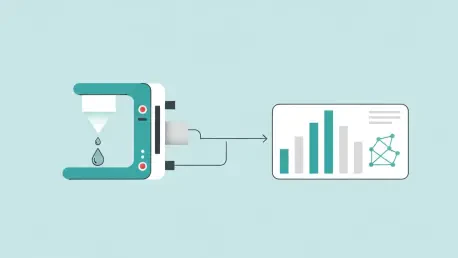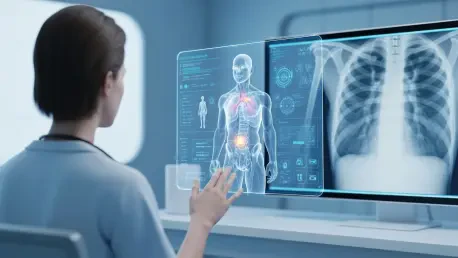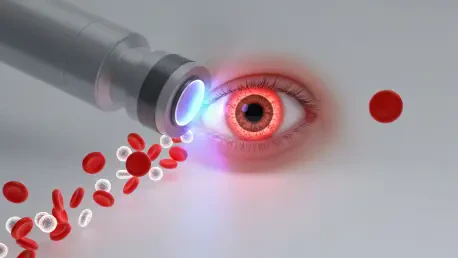
For decades, clinicians have relied on a simple ratio of height to weight to gauge pregnancy risk, but a growing body of evidence suggests this cornerstone of prenatal assessment is profoundly inadequate. The use of predictive metabolomics represents a significant advancement in prenatal care and

With a deep background in biopharma and a sharp focus on technological innovation, Ivan Kairatov has a unique perspective on the intersection of medicine and artificial intelligence. He joins us to discuss a groundbreaking development in autism diagnostics: an AI-powered medical device, CanvasDx,

A significant and persistent gap in stroke risk between Black and White adults in the United States has long challenged the medical community, but a newly validated assessment tool offers a promising new direction for closing this divide through personalized, actionable health insights. A

A routine chest X-ray, long a staple of diagnostic medicine for detecting overt disease, now holds the potential to reveal a far deeper truth about our health: the hidden pace at which our bodies are truly aging. The use of Artificial Intelligence to estimate biological age represents a significant

A groundbreaking artificial intelligence model developed by researchers at the Mayo Clinic is now capable of doubling the early diagnosis rate of advanced chronic liver disease, achieving this remarkable feat by analyzing data from a standard electrocardiogram (ECG). This pioneering innovation

The routine procedure of drawing blood remains one of the most common yet consistently invasive practices in modern medicine, a necessary discomfort for millions seeking crucial health insights. But a new frontier in diagnostics is emerging, one that promises to replace the needle with a simple,